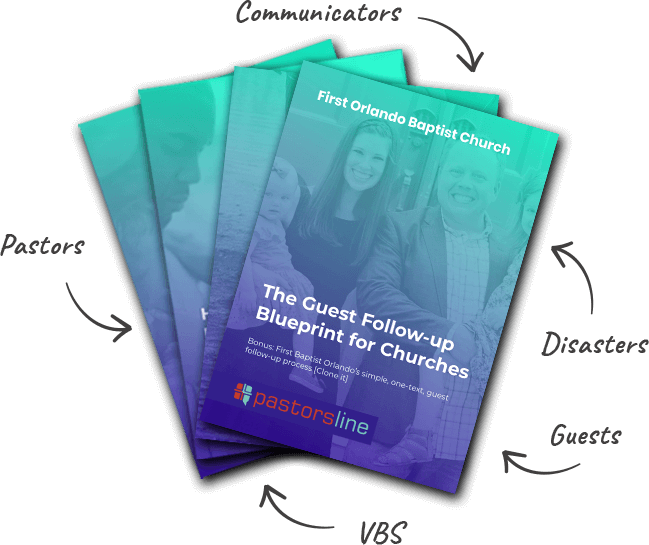
If you think texting is only for Generation LOL, think again. Reputable churches around the world are taking this popular mobile-phone feature more seriously; they’ve discovered that text messaging allows them to communicate more frequently, and more efficiently, with their members and followers.
Compared to newspapers, junk mail, radio or TV, mobile text messaging (or SMS, for “short messaging service”) is a relatively new communication tool. Compared to other features and functions on a mobile phone, like mobile apps or near field communication (NFC) chips, texting is a “new media” veteran. And unlike most of the newer tools, the text messaging application is ubiquitous: so-called basic phones can send and receive text messages (smartphone not required). And lately, wireless-service providers have begun offering unlimited text-messaging plans with their most basic phone contracts.
5 ways used by other churches who are finding positive results from their text-messaging campaigns Click To Tweet
Unlimited text messaging is clearly a good thing for the teenager who literally sends hundreds of messages a day (and for his or her parents who are footing the bill). But why does any of this matter for your church? Consider the following statistics:
- There are more than 5 BILLION mobile phones in the world; more than 85% of Americans own a mobile phone
- An estimated 7 TRILLION text messages were sent in 2011, and with the new, unlimited texting plans, that number will surely rise
- Most importantly,, 97% of text messages are opened, and 83% of those are opened within an hour; that’s compared to a 20% open-rate for emails
- For all its benefits, text messaging is a relatively simple, low-cost, and low-maintenance marketing tool; for example, FluidMin’s crossMRKT tool (crossMRKT is a previous version of PastorsLine) allows an organization to create and schedule multiple text messages in advance
Not yet convinced?
Here’s five ways used by other churches who are finding positive results from their text-messaging campaigns:
- To send timely, or important, alerts. After members or visitors opt-in to your text-messaging campaign (here’s how that works), you can then send your SMS subscribers breaking news, such as an event cancellation due to extreme weather, or a friendly reminder of an upcoming event.For example, Third Reformed Church in Iowa uses texting to send messages, like meeting locations, to members of its high school ministry program.
- To collect contact information. When they opt-in to your SMS database, subscribers can also be asked to submit their email address for inclusion in that database.
- To advertise and manage events. Texting is ideal for live updates during events, and is a more stable and more ubiquitous platform than Twitter. Wave Church in Virginia Beach, Virginia uses FluidMin’s crossMRKT tool (crossMRKT is a previous version of PastorsLine) to advertise their annual conferences and to update attendees before, during, and after the event.
- To conduct live “townhalls” and polls. Some churches, allow members to text questions during some services to the preacher, who then answers them after his or her message. Pastors at other churches, like FluidMin client Metropolitan Church in Maryland, ask poll questions during Bible Study meetings, then immediately discuss the (displayed) response with the congregation.
- To promote or connect to other media campaigns. Are you hosting a great discussion your Facebook Page or in a Google+ Hangout? Or would you like to promote sermon that’s locate on your website? Chances are good that you’ll get your subscribers to click on the link if you send it via text message.
Bottom line: Sending bulk text messages is cheap and easy. And there are plenty of good ways for your church to use it to advance its mission.
Wave Church in Virginia, Beach VA has over 10,000 members and wanted to increase the number of people that were participating in small groups. They have over 140 small groups including groups for men, women, youth, as well as groups focused on specific topics. Text messaging allowed them to have people easily connect with the small groups with each small group having its own Keyword code as well as a mobile form for them to give their contact info.
Is your church using texting? Why, or why not?



